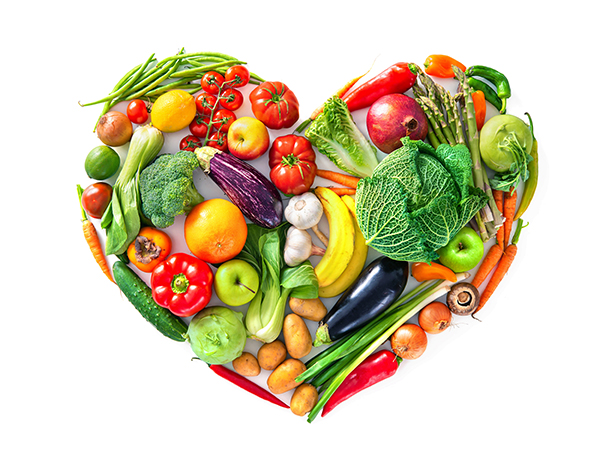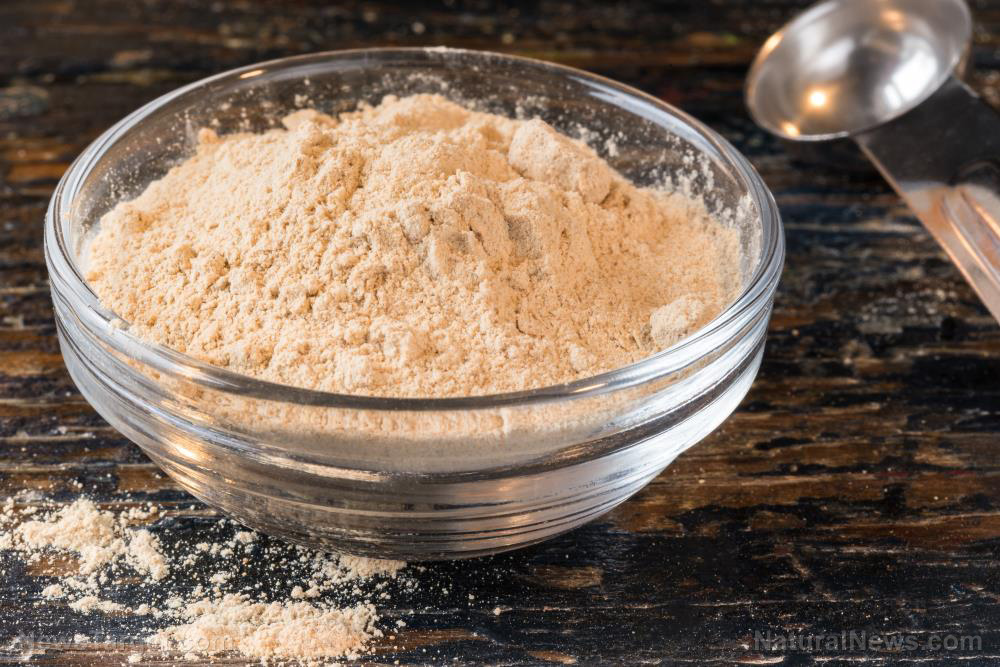 Parler
Parler Gab
Gab
- Diet can reduce chronic pain more effectively than medications, without harmful side effects.
- A study links higher-quality diets with lower pain levels, even in overweight individuals.
- Anti-inflammatory foods like fruits, vegetables, and omega-3s combat pain at its root.
- Processed foods worsen inflammation, while whole foods provide natural pain relief.
- Women experience significant pain reduction when following anti-inflammatory eating patterns.
The diet-pain connection uncovered
The study analyzed 654 adults, measuring their pain levels against diet quality scores. Strikingly, those who ate more fruits, vegetables, whole grains, and lean proteins reported significantly less pain, even if they were overweight. As the researchers noted, “Better diet quality is associated with lower bodily pain, irrespective of adiposity.” The findings were especially pronounced in women, suggesting gender-specific dietary impacts on pain sensitivity. The study underscores that processed foods—loaded with sugar, salt, and unhealthy fats—fuel inflammation, while whole foods cool it.Why food beats pharmaceuticals
Chronic pain, often treated with anti-inflammatory drugs or opioids, carries risks like addiction, digestive damage, and worsened conditions over time. In contrast, nutrient-dense foods address pain at its root. Physicians and scientists note that nutrients combat pain in four key ways: reducing injury-site damage, cooling inflammation, blocking pain signals in nerves, and lowering brain sensitivity to pain. For example, omega-3 fatty acids in fatty fish like wild salmon dampen inflammatory responses, while magnesium-rich leafy greens relax nerve tension. Even dark chocolate, packed with flavonoids, acts as a natural analgesic. "A higher-quality diet can reduce chronic pain by minimizing inflammation and oxidative stress through nutrient-dense foods rich in vitamins, minerals, and antioxidants. These dietary patterns support overall health and reduce systemic inflammation, which is a known contributor to pain," Dr. Thomas S. Holland told Medical News Daily. "To contrast this, a lower-quality diet, like a standard American diet/Western diet—high in refined carbohydrates, saturated fats, and added sugars—can substantially increase inflammation and oxidative stress, which will worsen pain and potentially make it last longer.”Core foods for pain relief
The research highlights specific dietary strategies for pain management:- Anti-inflammatory staples: Oily fish, nuts, seeds, and herbs like turmeric.
- Fiber-rich foods: Whole grains and legumes reduce gut inflammation linked to joint pain.
- Plant-based focus: Soy foods and teas (such as green tea) lower oxidative stress.
A paradigm shift in pain management
This research aligns with a growing movement toward holistic health. For conditions like arthritis or migraines, diet adjustments may offer relief where drugs cannot—without the side effects of drowsiness, constipation, or liver damage linked to painkillers. The message is clear: Food isn’t just fuel—it’s medicine. As science continues to decode the diet-pain link, the prescription for chronic suffering might start at the dinner table. Chronic pain sufferers now have compelling evidence that dietary choices can be as powerful as prescriptions. With inflammation at the core of many pain conditions, embracing whole foods isn’t just preventative—it’s therapeutic. As research reshapes pain management, the simplest solution may be the most profound: Eat well to hurt less. Sources for this article include: NaturalHealth365.com ScienceDirect.com MedicalNewsToday.com MedicalXpress.com‘Toxic cocktail’: study finds almost 200 pesticides in European homes
By S.D. Wells // Share
Maca: The Andean miracle root and its health-supporting properties
By Ava Grace // Share
The remarkable heart-friendly properties of avocados
By News Editors // Share
Science reshapes autism care by looking beyond the brain
By Olivia Cook // Share
Ancient hydrogen and magma ocean offer clues about Earth’s origins
By Willow Tohi // Share
Governments continue to obscure COVID-19 vaccine data amid rising concerns over excess deaths
By patricklewis // Share
Tech giant Microsoft backs EXTINCTION with its support of carbon capture programs
By ramontomeydw // Share
Germany to resume arms exports to Israel despite repeated ceasefire violations
By isabelle // Share










